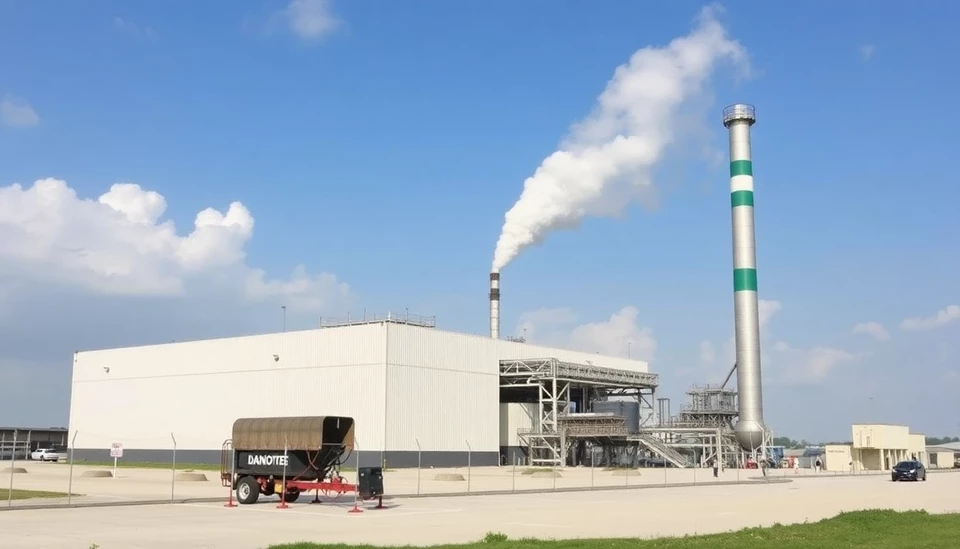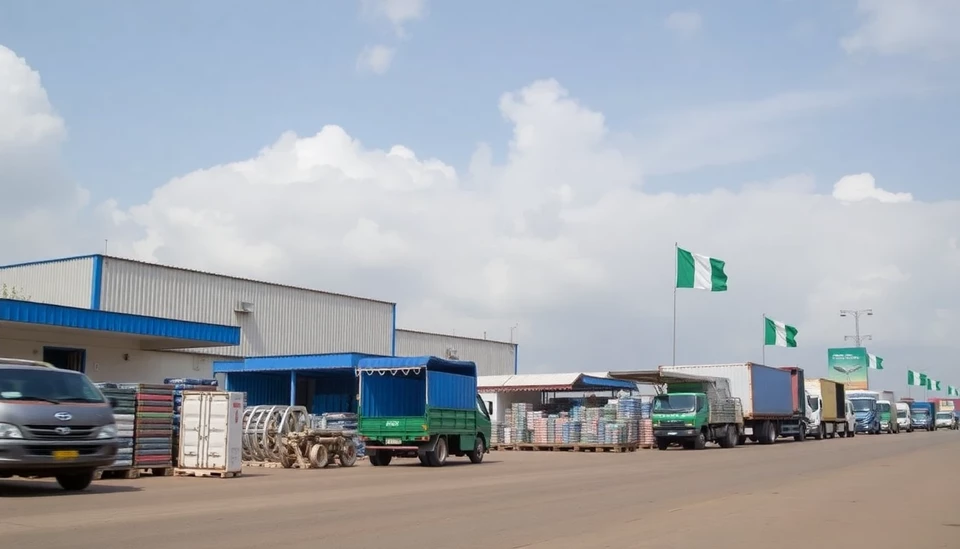
In a significant development for Nigeria's oil market, the Dangote Oil Refinery has made its first purchase of U.S. crude oil in three months, signaling a potential shift in import strategies and highlighting the dynamism of the global oil trade. This procurement marks a pivotal moment for Nigeria, a country richly endowed with natural resources yet often reliant on foreign oil to meet its domestic refining needs.
The Dangote refinery, touted as one of Africa's largest, has previously depended heavily on local and nearby foreign supplies. However, the recent decision to reach out to American oil sources suggests a more strategic approach to sourcing crude oil, aligning with global price trends and enhancing the refinery's capacity to meet the surging demand for refined petroleum products.
According to sources in the industry, the import of U.S. oil could also be a response to the ongoing fluctuations in global oil prices and supply chains affected by geopolitical tensions and production cuts from major oil-producing countries. As the refinery ramps up production, securing the right blend of crude oil will be vital for its operational efficiency and profitability.
This shipment of U.S. crude is essential not just for the Dangote Refinery but also for Nigeria's economy. The refinery is expected to significantly reduce the country's reliance on imported refined products, thereby improving Nigeria's balance of trade and creating job opportunities within the local economy.
The Dangote refinery was inaugurated in early 2023 and has been striving to operate at full capacity amidst challenges in the oil sector. The management has expressed optimism about achieving self-sufficiency in oil refining, which could transform Nigeria into a net exporter of refined products rather than an importer.
Industry analysts are watching closely as this importation strategy could also influence local market dynamics, potentially stabilizing prices and providing a wider array of products for Nigerian consumers. Critics, however, urge caution, warning that excessive dependence on foreign oil could pose risks to the country's energy security.
As the global oil market continues to evolve, the decisions made by the Dangote refinery will likely have lasting impacts on both local and international oil sectors. This recent U.S. crude purchase illustrates the interconnectedness of global markets and the strategic maneuvers necessary for companies to thrive in challenging economic climates.
The import of U.S. crude by Dangote is not only an operational move but a broader statement about Nigeria's ambitions in the global oil landscape. As the refinery continues to grow and adapt, it could play a crucial role in shaping the future of the African energy market.
With this surprising turn, stakeholders in the energy sector are keenly awaiting the refinery’s next steps, as the implications of such strategic decisions could ripple across the continent, affecting both supply chains and pricing structures.
As Nigeria works to harness its massive oil potential, the Dangote refinery's ability to navigate the complexities of international crude oil sourcing will be vital. The country’s path to oil independence and economic resilience faces numerous challenges, but plays a crucial role in the narrative of Africa stepping onto the global energy stage.
#Nigeria #DangoteRefinery #OilImports #CrudeOil #EnergyMarket #GlobalTrade #NigerianEconomy #OilRefining #UScurrent #AfricaEnergy
Author: Samuel Brooks




